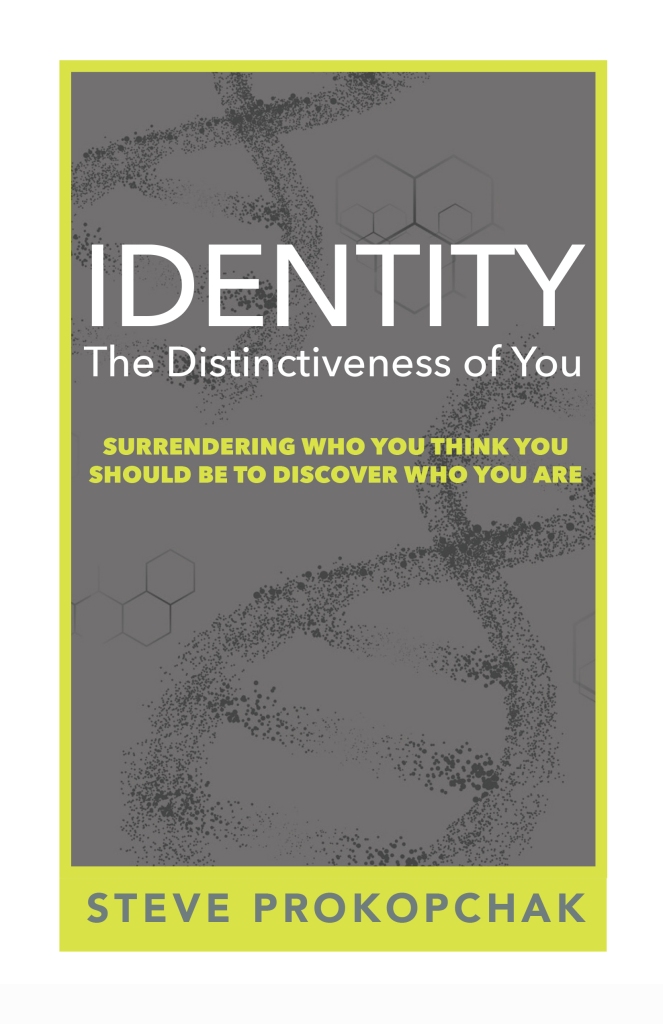According to the research, most children are exposed to pornography by age 11. Many are exposed accidentally on the internet and many are exposed by coming into contact with their parents’ pornographic material. Those who are sexual predators specifically target young children via porn for the purpose of exploitation.
A friend of mine told me he was only nine years of age when a friend shared his grandfather’s stash of porn with him found in their barn.
The Effects of Seeing Pornography as a Child
Children do not possess the emotional or cognitive capacity to assimilate pornography in any form. Children report feeling embarrassment, shock, fear, anger, overwhelming sadness and repulsion after being exposed to porn. Young children who view pornography are more likely to sexually assault their peers and siblings.
According to the American College of Pediatrics, “Consumption of pornography is associated with many negative emotional and psychological…outcomes. These include increased rates of depression, anxiety, acting out and violent behavior…sexual promiscuity…and a distorted view of relationships between men and women. For adults, pornography addiction results in an increased likelihood of divorce which is also harmful to children.”
When my friend was around age 12 he and his friends hid pornographic magazines in their tree house. He said, “We would invite girls into our tree house so we could act out what we saw in the magazines.”
Pornography use as teenagers distorts their view of healthy sexuality and seriously affects, in multiple negative ways, personal relationships. Pornography use fosters the belief that sexual promiscuity is normal and that sexual abstinence is abnormal. Teenagers involved in pornography have difficulty forming lasting, healthy opposite sex relationships which results in higher rates of poor self-images.
How is Pornography Harming Our Children?
Children viewing pornography are severely harming their brain development. Young, developing minds are hypersensitive to stimuli. That means children can form habits, both positive and negative, very quickly.
A child’s view of sexuality as normative between husband and wife is ruined by pornography. Pornography presents anything but normality. For young boys, it makes girls an object. Children are taught that sexuality is all about them. It can be violent in nature and it teaches that sex should be expected in a relationship.
Pornography use creates a secretive lifestyle which promotes hiding, lying, and denial. Viewing pornography removes the child from necessary play activities. It can be sleep disruptive. It will reduce scholastic performance by stealing time from school work.
Viewing pornography increases other unhealthy, abnormal behaviors like sexting. Children learn and grow by mimicking the behavior they see and experience. While children are naturally inclined to explore their bodies, pornography will take them far beyond any natural exploration.
What You Can Do
- Talk to your children about pornography. Ask lots of questions. Be persistent.
- Place a program on your computer that aggressively withholds access to pornography.
- Remove data access on their smartphones.
- Talk to your children about their peers and what they might be exposing your child to.
- Be calm about discussing the topic and reassure your child of your love no matter what they say.
- If your child confesses use to you, thank them for their honesty.
- Work at not placing more shame or judgement upon them.
- Find resources to help you as the parent and your child. Talk to your pastor and your local church counselor. Ask for recommendations to help your child and yourself.
Please see a comprehensive article I wrote on pornography here.


















